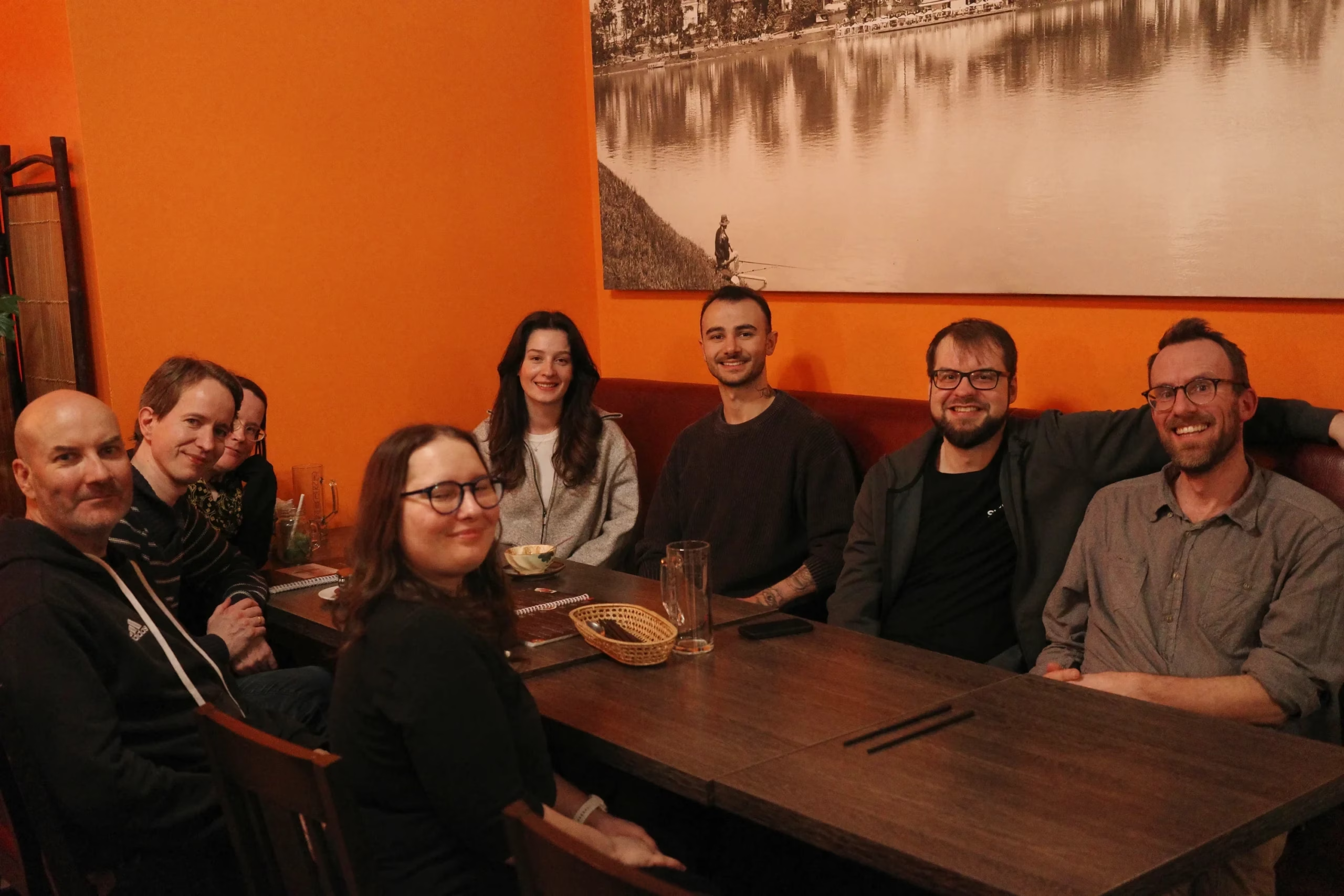
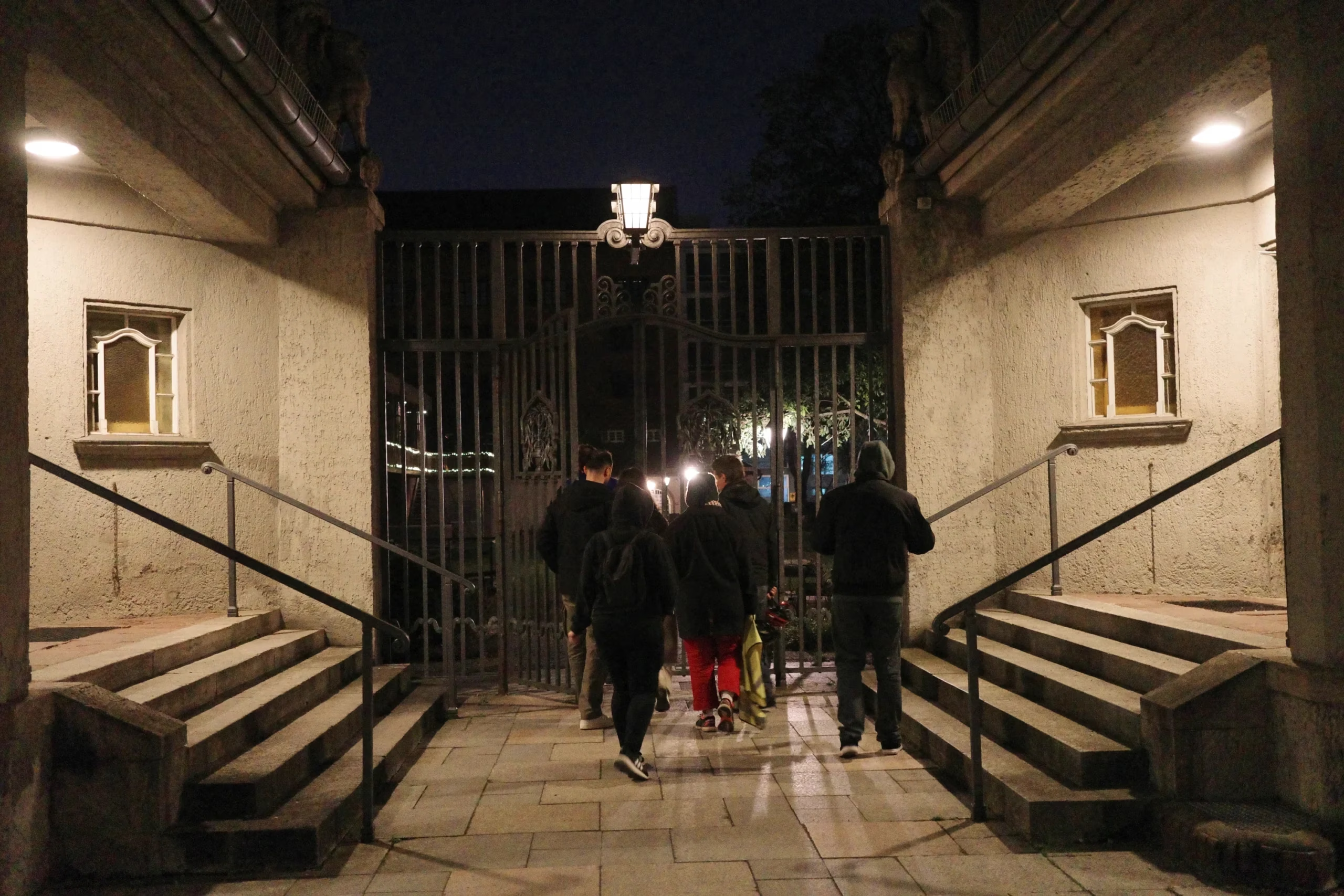
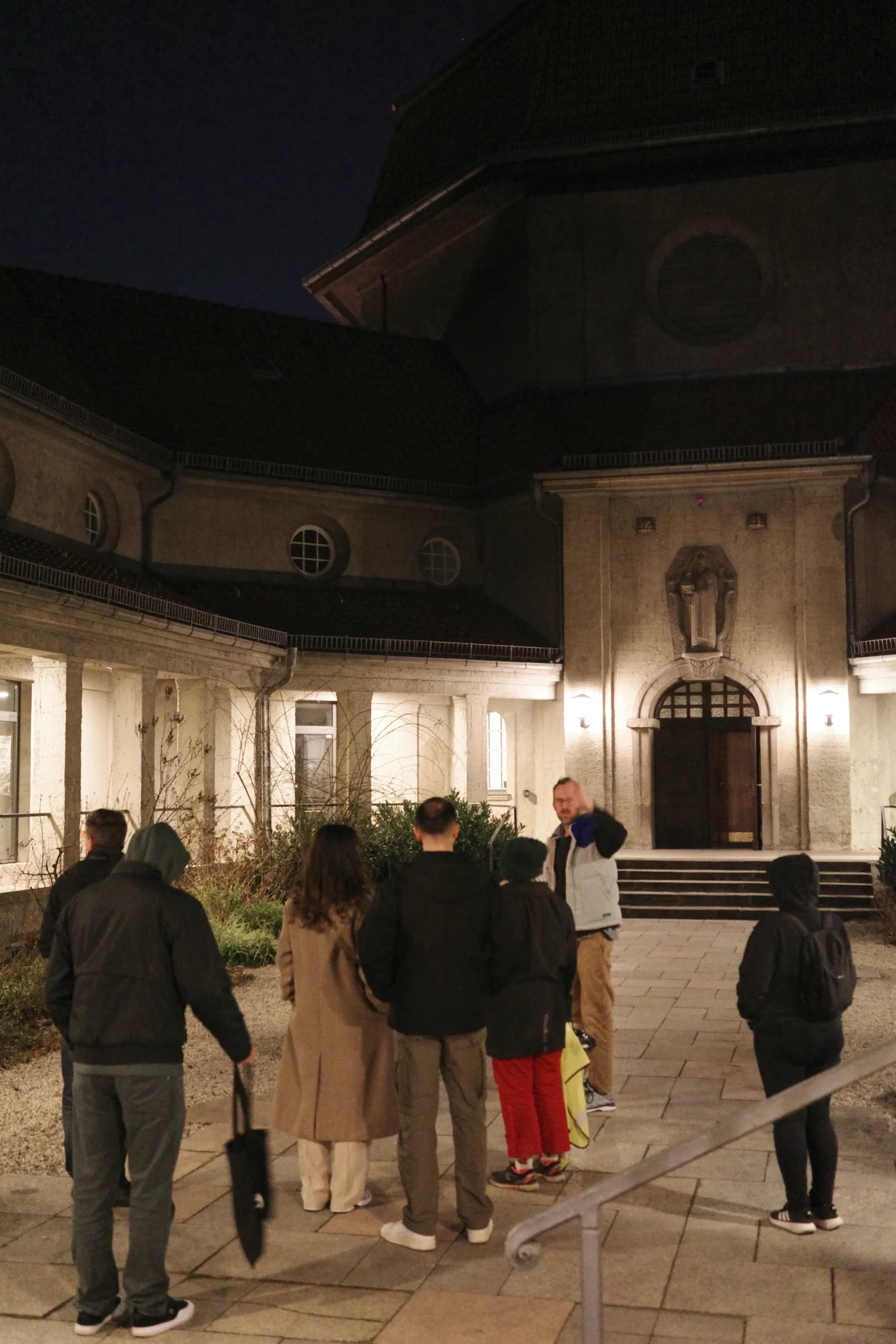




I drove the route we were meant to complete on February 11th 1985, at the same time, on February 11th 2025. Mission accomplished. I didn’t crash this time.
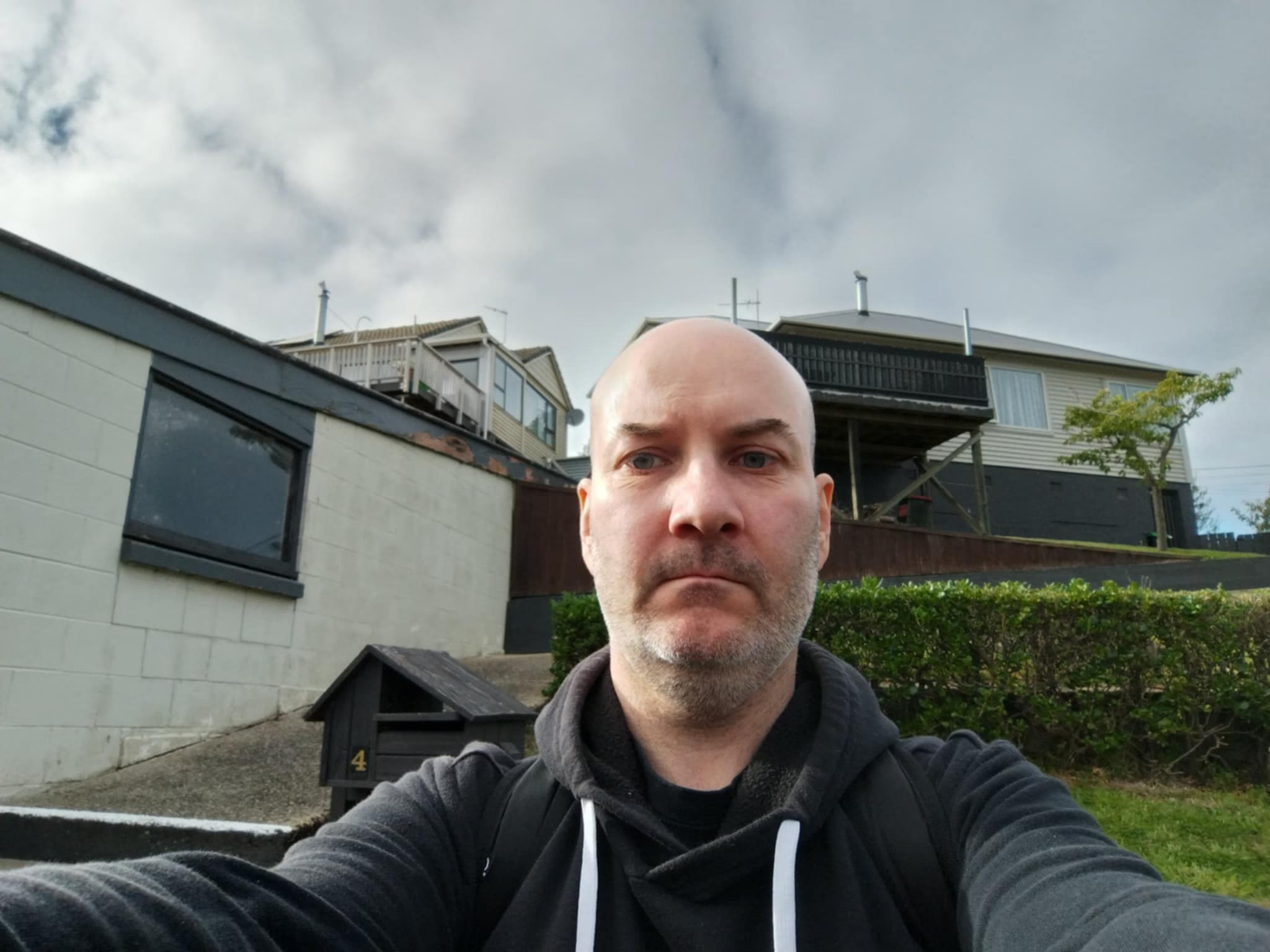
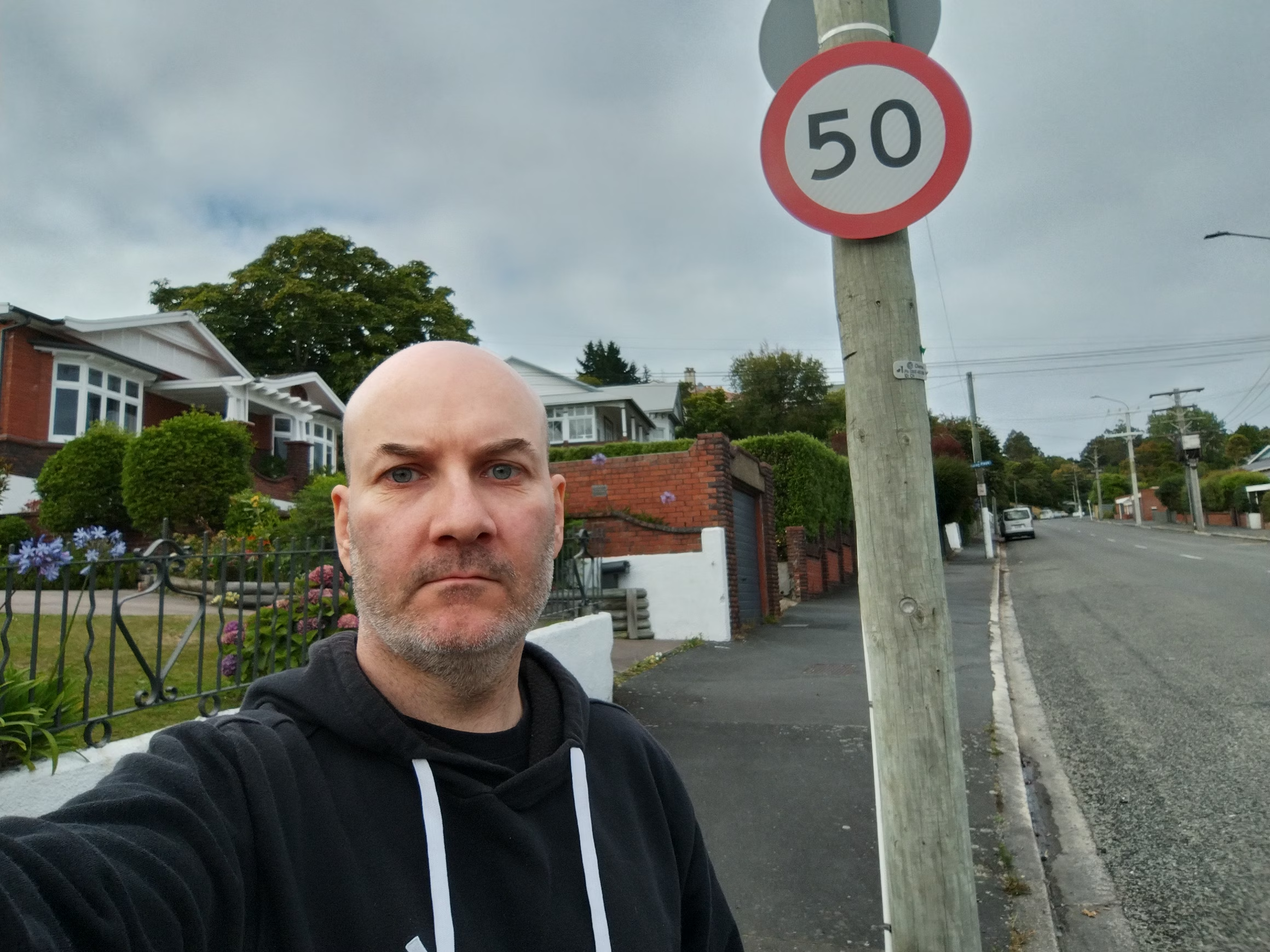
Society raised us. Society is wrong.
“men shouldn’t cry” … codswallop
“therapy is for the weak” … horseshit
The strongest men are those who face their fears and accept the emotions that come with it.
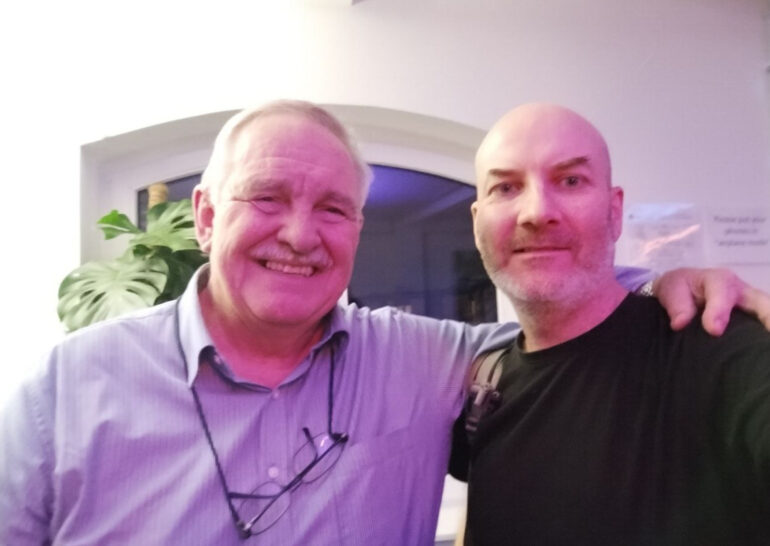
My life was flipped on it’s head when I followed the research of this man. It was an honor to meet him in person.
He’s full of shit, he’s not asking questions, he’s gonna accuse and demand, left this and that and everything else as though he’s king of the world when he’s not. He’s a washed up former world champion who’s not that good at chess anymore and he should shut the fuck up. That’s what he should actually do. – Hikaru Nakamura
I’ve been busting my butt in the gym for the past year, trying to improve my flexibility. This evening, I managed to grab my toes whilst one leg was full extended! SUCCESS!
Last time I did this, was probably when I was around age 10.
And yeah, I know a bunch of you can do this without trying, but for some of us, this requires a LOT of work 😉

Taken at the Berlin Marathon Expo 2024.
An idiot admires complexity, a genius admires simplicity – Terry Davis
When I feel others attack or belittle me, I try to have the confidence to look down on them with pity. This takes the power away from them and returns it to me. – Ryan Hellyer
Created in response to a post by Bret Heinrich on Facebook.